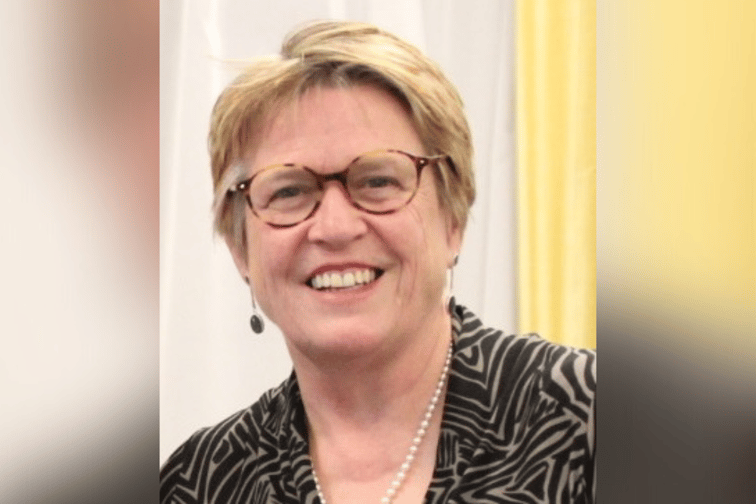

Non-governmental organisation Transparency International New Zealand (TINZ) is “really happy” to have rolled out the Financial Integrity System Assessment (FISA) self-assessment, which TINZ chief executive Julie Haggie (pictured) considers a gift to financial institutions. Insurance Business sat down with the CEO, who is calling on insurers and other regulated firms within the broader Kiwi financial services industry to give the free online tool a go.
“We’re really happy it’s out in the market now,” said Haggie. “We had a broader system assessment in mind, but the board wanted to test out what the response is to self-assessment, so ‘get something that’s useful out there’. We just thought we needed to get going on FISA, because it was kind of losing traction a little [after COVID]. The TINZ board had decided, ‘Look, we just need to get it out into the market and see how it works’.”
Offered to financial entities in New Zealand at no cost, the FISA self-assessment features around 100 questions that span the areas of governance, accountability, policy oversight, communications, human capital, customer services, risk monitoring, operations, and procurement.
“Every question is applicable to insurance companies because [the self-assessment] focuses on things that are part of your general integrity system,” declared Haggie, who is hoping that insurance firms will be keen to use the tool. “We think it should be of importance to the insurance industry because they have been found wanting in many respects by some of the regulator reviews.
“Also, there are moves to have more customer focus in the regulated entities, and so this is just part of that process, really. The regulators want to see proactive response from insurers and other financial institutions, and this is just part of that. It’s a free opportunity to do that, really.”
The CEO, meanwhile, conceded that they cannot oblige anyone to undergo the FISA self-assessment.
Haggie stated: “We’re not a regulator. People are going to decide what they do – whether they take it up or not. We’re really hopeful because we think good benefits can come from it, particularly if an organisation does it with a team approach, [i.e.] they sit down and actually look at the business as a group and work through it.
“It’s a benefit and it’s not intended to be a drag. It can take about two hours if you work through it together as a team. It might take a bit longer if you all sit down and have really good robust discussions as part of it, but that can only be good for business. It’s not intended as a sort of ‘you must do this’ or anything like that. It’s there – people can choose it or not choose it.”
“We really hope they do,” added the TINZ chief. “It’s a gift, really, to the financial sector and not intended as a punishment.”
For Haggie, it’s about having the right mindset and approach towards improving integrity systems.
She told Insurance Business: “Some will be really interested in it. Others will see it as a compliance [matter], and I think that’s about where their mindset is… This is about self-reflection and self-review, and not about having to do it for somebody else.
“I think it’s just about what it adds to the quality assurance and risk programmes that all of these organisations will be naturally doing as part of their business. Good governance [involves] the review of integrity practices within the organisation; this is just another way of doing it.”
Financial organisations have until the end of February 2023 to take advantage of the tool, after which TINZ will publicly report on evidence taken from aggregated and anonymised data, provided that the data is adequate. Information to be disclosed include the focus areas where scoring indicates improvement is needed, as well as the level of participation by sector groups.
“Within financial organisations, we want to see improved integrity practices, and reviewing your integrity practices is part of it,” said Haggie. “We want to see stronger trust and confidence of customers and stakeholders. If an organisation is doing this sort of thing and talking about it – ‘We’ve done this self-assessment, and we’ve found several areas that we can improve in’ – this is the kind of thing that customers like to hear, that organisations are proactively looking at their systems.
“And then if you take it broader – the integrity of the broader New Zealand financial system – that just fits within our whole strategic aim of driving more integrity into business. So, this is a key project for us to try to help with that. We’re a civil society organisation, but I think it shows that we can contribute. Ideally, we’d like to be able to see this tool help financial institutions improve their conduct and culture. If that works, that’s fantastic.”
The CEO’s plea to companies is to “have a look” and see where the FISA self-assessment takes them.
